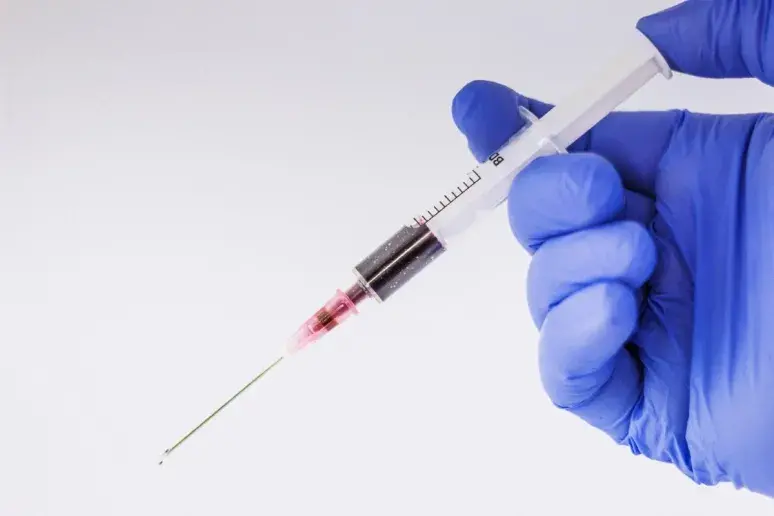
Could stomach fat be the answer to osteoarthritis?
A new treatment to combat osteoarthritis could provide hope to the millions of people living in the UK with the condition. Extracting fat cells from the stomach and injecting them into affected knee joints is believed to encourage the tissue to repair itself.
It takes around 45 minutes to complete the procedure, which involves taking up to 350ml of fat from the stomach with a syringe. It is then cleaned before being administered to the damaged area to provide relief to the patient, reports the Daily Mail.
Nima Heidari, a consultant orthopaedic surgeon at The Regenerative Clinic in London, told the news provider: “There they release compounds that seem to stop cell death and encourage proliferation of the local tissues to repair themselves. They also seem to have a pain-killing effect.”
At present, the treatment is not available on the NHS, but can be accessed privately at a cost of £6,400. The results are said to last from between two or three years, which is relatively short term when compared to knee replacement therapy, but a lot longer than relief supplied by cortisone injections.
These injections are one of the most common forms of pain relief for the four in five over-45-year-olds who suffer from osteoarthritis. A recent study by scientists at Boston University found that the steroids in cortisone injections could be contributing to the disintegration of joints, however.
So, despite reducing swelling and easing pain for a few weeks, they could be bringing forward the need for a replacement of the joint. Doctors also worry that if knees are operated on too early, the new joint may not last the patient for the rest of their lives.
Professor Adrian Wilson, a London-based knee and sports injury specialist, said: “This is a great operation. In the over-65s, success rates are high and the new joint can last 25 years. In younger patients, the failure rate becomes more of a problem and in the under-55s, one-third of all patients has to have a replacement within seven years.”
This can be attributed to younger patients having a more active lifestyle, which puts additional pressure on the replacement knee. Another problem is that obesity is a major risk factor for knee osteoarthritis and being unable to get active doesn’t help.
All of the issues associated with cortisone injections and knee replacements have led scientists to look for alternative methods of pain relief and treatment for the root causes of osteoarthritis. Injecting the knee joint with stomach fat is just one of the options that has been developed so far.
Others include arthroscopies, where damaged cartilage is repaired; tibial osteotomies, which change the shape of the tibia bone; and knee allografts that use donated bone and cartilage to replace that of the patient.
As more research is conducted into treating knee osteoarthritis, alternative methods may come to the fore. In the meantime, redistributing stomach fat could be a good solution for those suffering from joint pain.
Find your nearest Barchester care home
With over 200 care homes in the UK, there's always a Barchester care home near you.